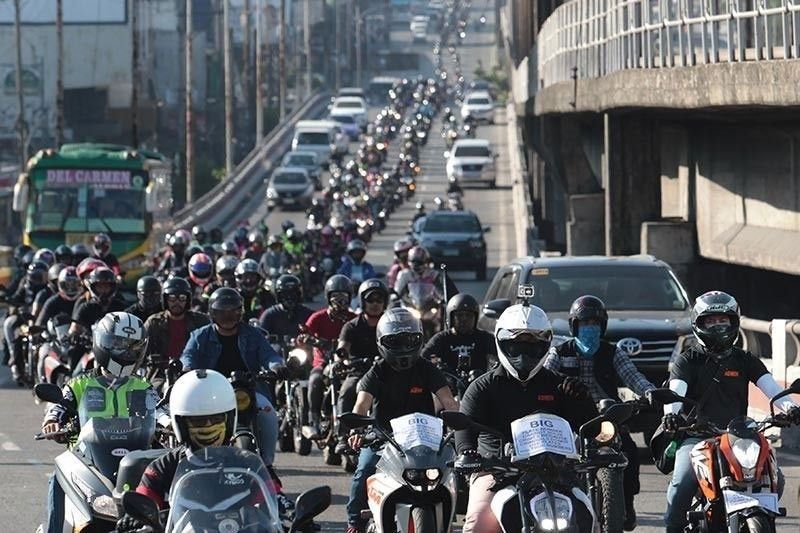Philippines ranks 2nd in Asia, 8th worldwide for financial inclusion promotion
GMA News
December 18, 2020
The Philippines remains among the top leaders in financial inclusion, according to the 2020 Global Microscope on Financial Inclusion of the Economist Intelligence Unit (EIU), the research arm of The Economist Group.
The country ranks second in Asia, next to India; and eight worldwide, tied with Brazil, in the EIU study, which assessed the financial inclusion environment in 55 countries.
The EIU study rated countries across five dimensions, namely Government and Policy; Stability and Integrity; Products and Outlets; Consumer Protection; and Infrastructure.
Together with Thailand and Russia, the Philippines posted the highest improvement in Asia and Eastern Europe, in view of the government’s push to promote digital channels as part of its responses to the COVID-19 pandemic, according to the study.
The Philippines got a perfect score of 100 points in Products and Outlets dimension, which covers Bangko Sentral ng Pilipinas (BSP) regulations on e-money, simplified accounts like the Basic Deposit Account (BDA), and financial outlets such as cash agents.
Focusing on the role of financial inclusion in the COVID-19 response, the EIU study recognized the initiatives of the Philippines to mitigate the adverse economic impact of the pandemic.
The report cited the regulatory relief measures of the BSP to ease liquidity constraints in the financial system, restore business confidence, and sustain the flow of credit amid the unprecedented health crisis.
These include the temporary relaxation of compliance to reporting requirements, easier access to rediscounting facility, and waiver of licensing fees and charges for financial institutions setting up their electronic payment and financial services.
It also cited the initiative of financial service providers to suspend fees for electronic fund transfers during the community quarantine period.
In addition, the EIU report highlighted measures to promote MSME financing such as allowing banks to include loans granted to MSMEs as alternative compliance with reserve requirements, reducing the credit risk weight of MSME loans that are current in status to 50% from 75%, and reducing the minimum liquidity ratio (MLR) for stand-alone thrift banks, rural banks and cooperative banks to 16% from 20% until end-December 2020.
While the Philippines scored lowest in the Infrastructure dimension with 69 points, there is noted improvement from last year’s level owing to ongoing initiatives on digital connectivity, digital identification, and digital payments infrastructure.
The report emphasized the importance of digital infrastructure that includes access to identification, mobile phones, and financial accounts to facilitate efficient delivery of cash assistance to vulnerable segments.
It also noted that better data integration is needed for proper targeting of cash aid program beneficiaries.
The Global Microscope is an annual cross-country assessment of the enabling environment for financial inclusion. Since 2009, the Philippines consistently belongs to the top-ranked countries in terms of having a supportive framework for inclusive finance.
Latin American countries namely Colombia, Peru, Uruguay, Argentina, and Mexico dominated the top five spots of 2020 Global Microscope. —KBK, GMA News
